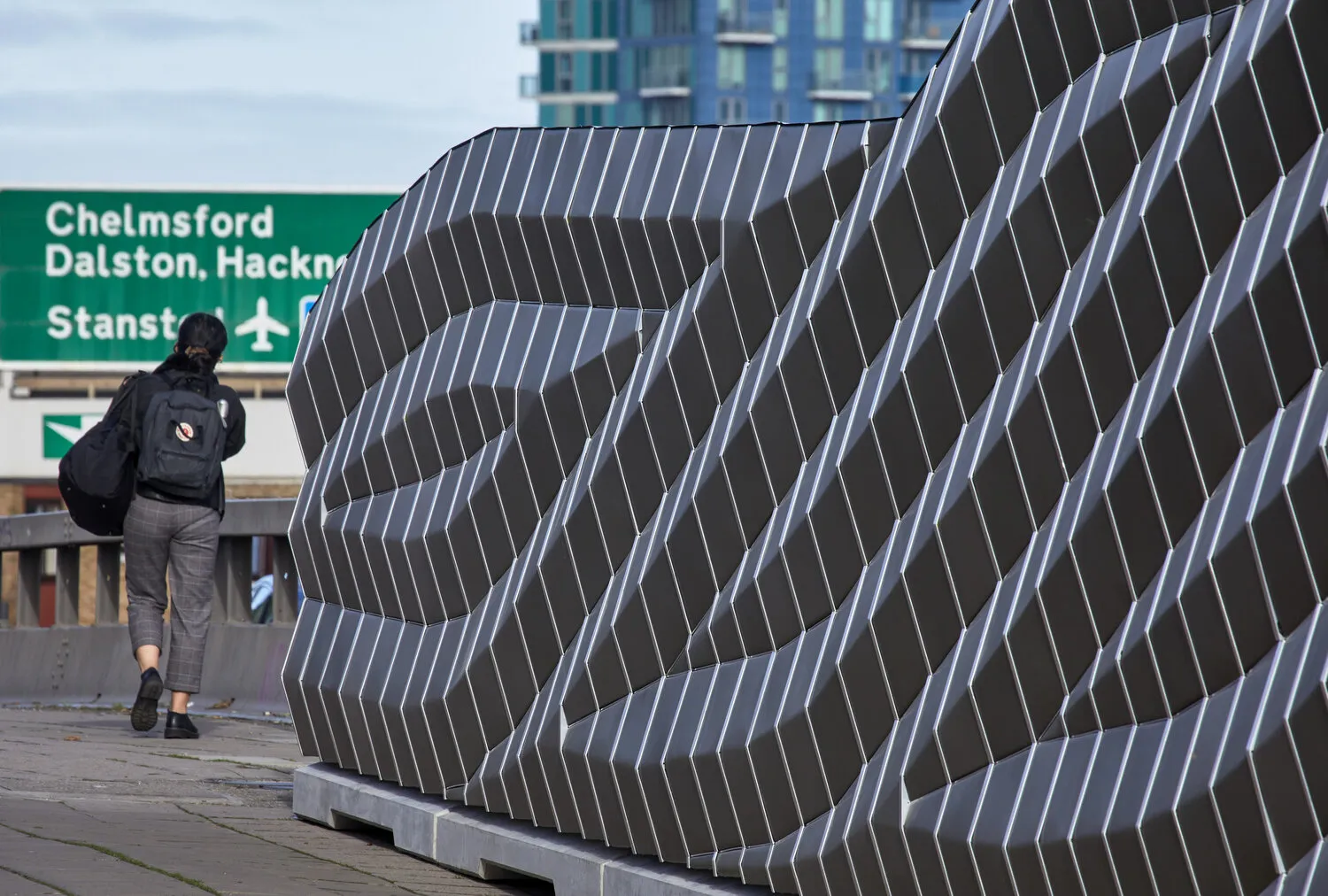WMG, an academic department at the University of Warwick, is hoping that the 15-passenger very light rail (VLR) will eventually operate without a timetable and allow people to hop on and off.
Councillor Jim O’Boyle, cabinet member for jobs and regeneration, says: “It will be much more affordable to install than traditional trams, take up far less road space, be able to run alongside traffic and our ultimate aim is that it doesn’t require a driver so it can be a frequent service.”
The government’s Local Growth Fund through the Coventry and Warwickshire Local Enterprise Partnership has contributed £2.46 million towards phase one of the research and design of the prototype. Also, £12.2 million has been secured from the West Midlands Combined Authority Devolution Deal to undertake the R&D required to prove the VLR concept.
WMG says the first design is available to view in 3D via its visualisation suite and the first test vehicle will be manufactured by engineering group RDM by mid-2020.
Transport for West Midlands will provide technical support, advice and guidance to the project team as the scheme develops.
WMG to put battery-powered rail-based vehicle on track
WMG (Warwick Manufacturing Group) and Transport Design International are developing a battery-powered rail-based vehicle on behalf of Coventry City Council in the UK.
WMG, an academic department at the University of Warwick, is hoping that the 15-passenger very light rail (VLR) will eventually operate without a timetable and allow people to hop on and off.
Councillor Jim O’Boyle, cabinet member for jobs and regeneration, says: “It will be much more affordable to install than traditional trams, take
March 21, 2019
Read time: 2 mins
WMG (Warwick Manufacturing Group) and Transport Design International are developing a battery-powered rail-based vehicle on behalf of Coventry City Council in the UK.








